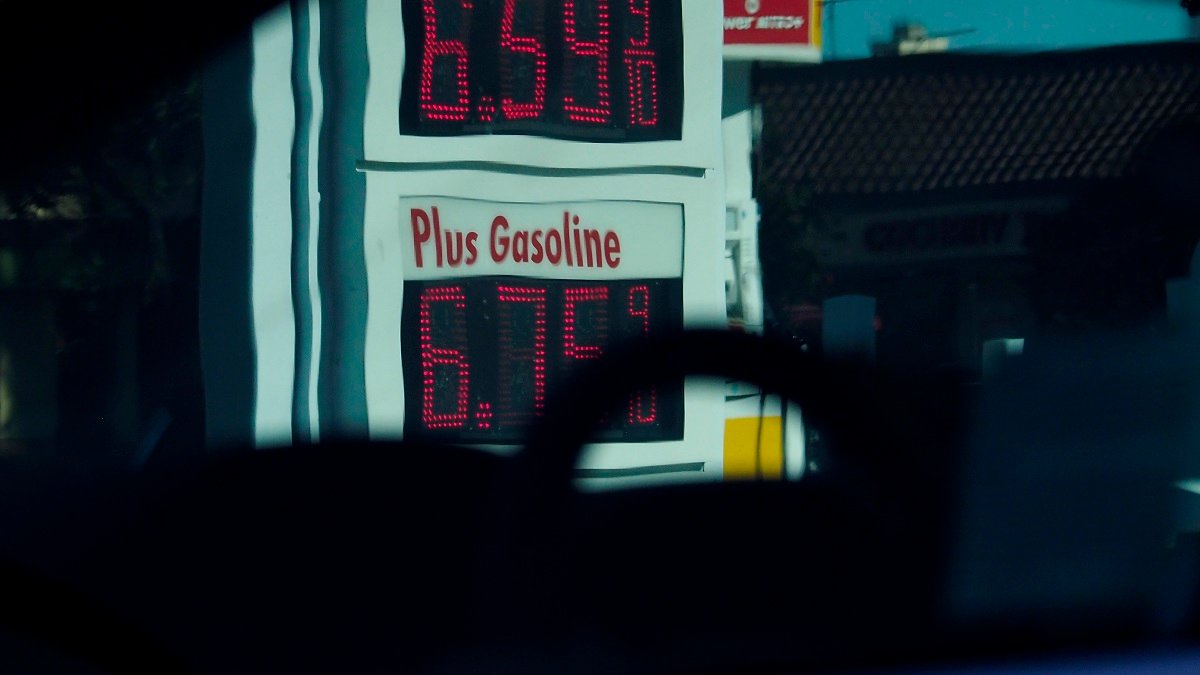Sacramento. – California lawmakers on Monday approved the first U.S. sanctions against rising gasoline prices, voting to give regulators the power to punish oil companies for profiting from the kind of price hikes that have plagued the state the most populated the nation last summer.
Democrats who control the state Congress worked quickly to pass the bill Monday, just a week after the bill was introduced. It was an unusually fast-track process for a contentious issue, especially one opposed by the powerful oil industry, which has invested millions of dollars to slow it down.
The price of gasoline in the state of California is one of the most expensive in the country and one of the reasons is the requirement that oil companies provide a special blend of gasoline that is less harmful to the environment.
High gasoline prices continue to impact the economy of many people. As a result, other products, including meat, now cost more, but what can we do to make our money work?
Even so, the high prices achieved in 2022 are not justified, state regulations explain.
Governor Gavin Newsom, a Democrat, used his political power to pass the initiative, which grew out of his call last October for a special legislative session to pass a new tax on oil company profits, as the average price gasoline in the entity has set a record of 1.70 dollars per liter (6.44 dollars per gallon), according to the American Automobile Association (AAA, for its acronym in English).
Going against the oil industry has been a top political priority for Newsom, who is widely seen as a potential future presidential candidate.
“When you sue big oil companies, they usually put you down…that’s exactly what they’ve been doing to consumers for years and years,” Newsom told reporters after the vote. “Congress had the courage, the conviction and the stamina to take on Big Oil.”
Newsom is expected to sign the law on Tuesday.
Legislative leaders rejected his initial call for a new tax, fearing it would discourage supply and drive up prices.
A gas station owner in Amherst, Massachusetts, is so fed up with rising prices that he has stopped selling gasoline.
Instead, Newsom and lawmakers agreed to let the California Energy Commission decide on potential penalties against oil companies for price gouging.
The division, made up of experts, economists and researchers, will be able to demand the submission of data and reports from refineries and will have the power to refer violations to the courts for prosecution.
The CEC will establish a penalty structure that can prevent oil companies from setting excessive prices and those that exceed the authorized margin will be subject to a civil fine.
But the crux of the initiative is not a possible sanction, but the huge amount of new information that oil companies would be forced to reveal to state regulators about how they set their prices.

